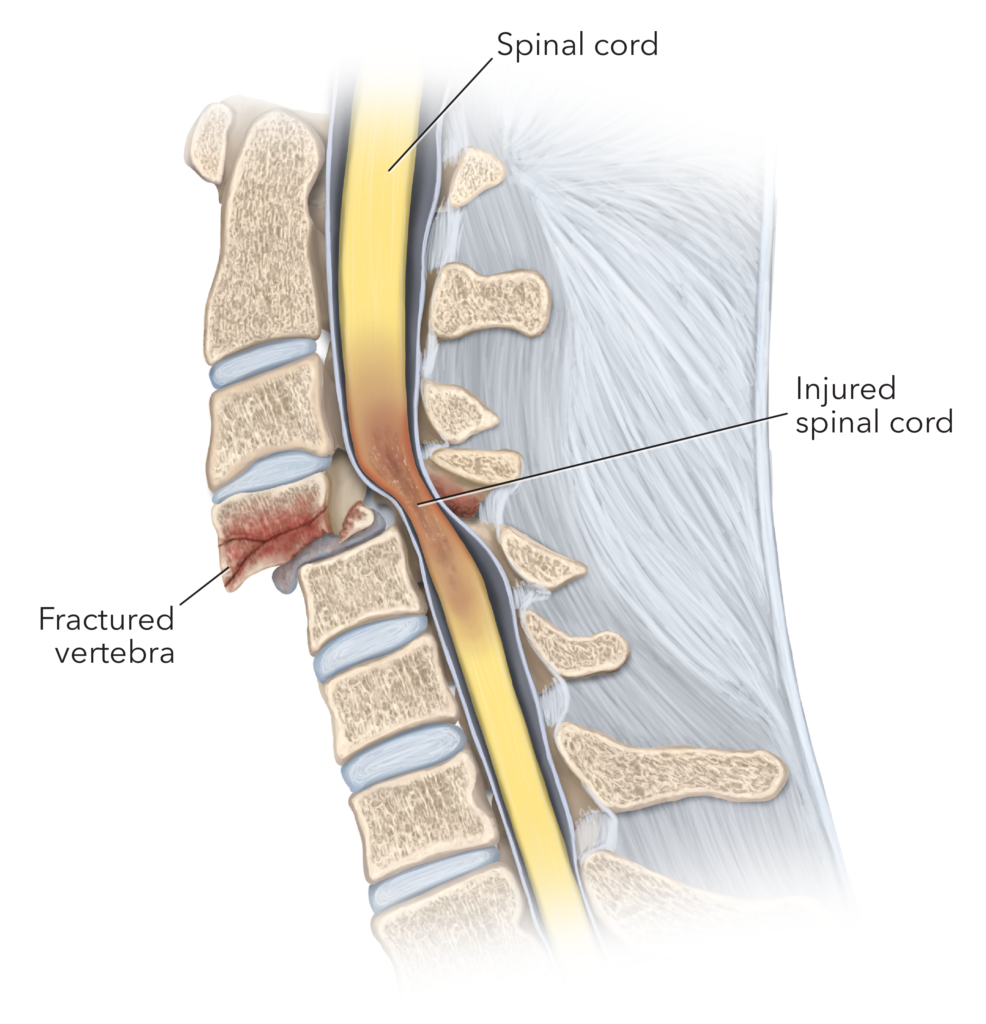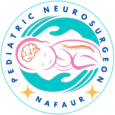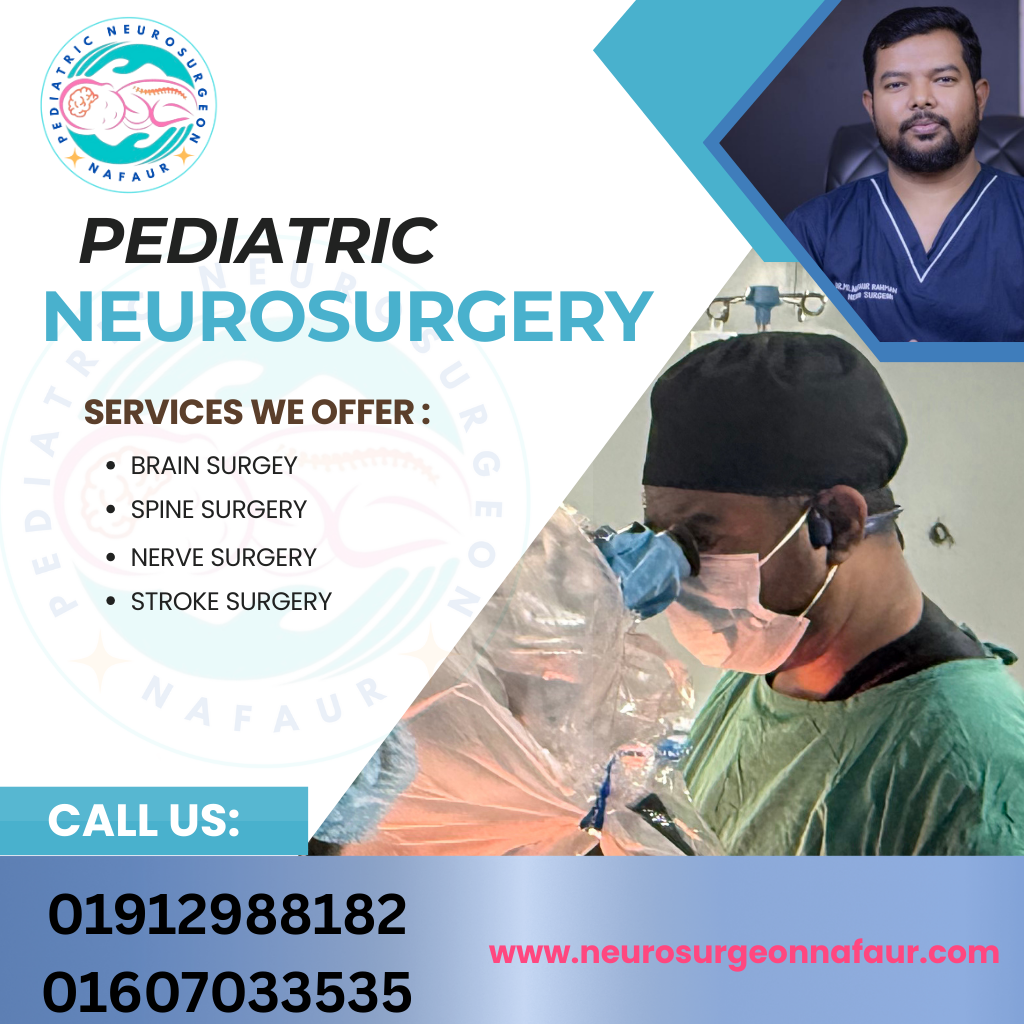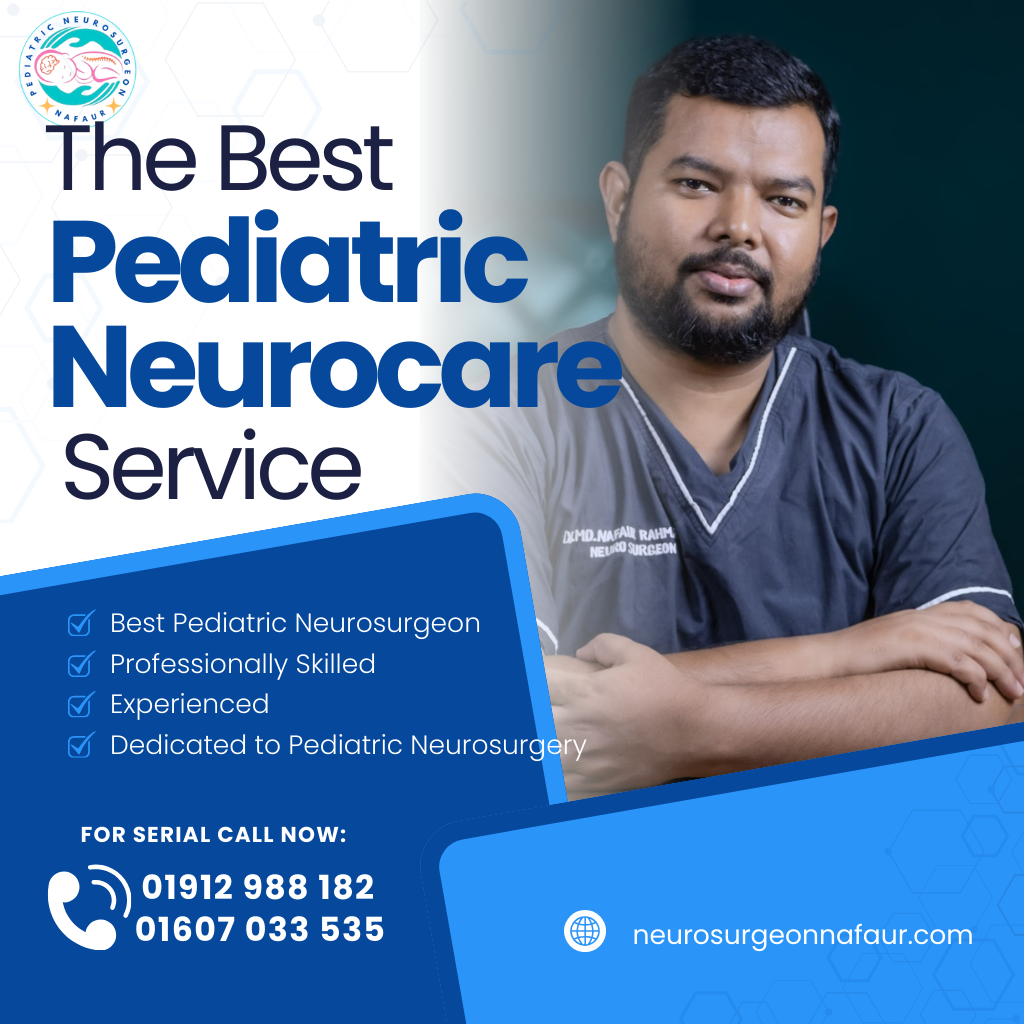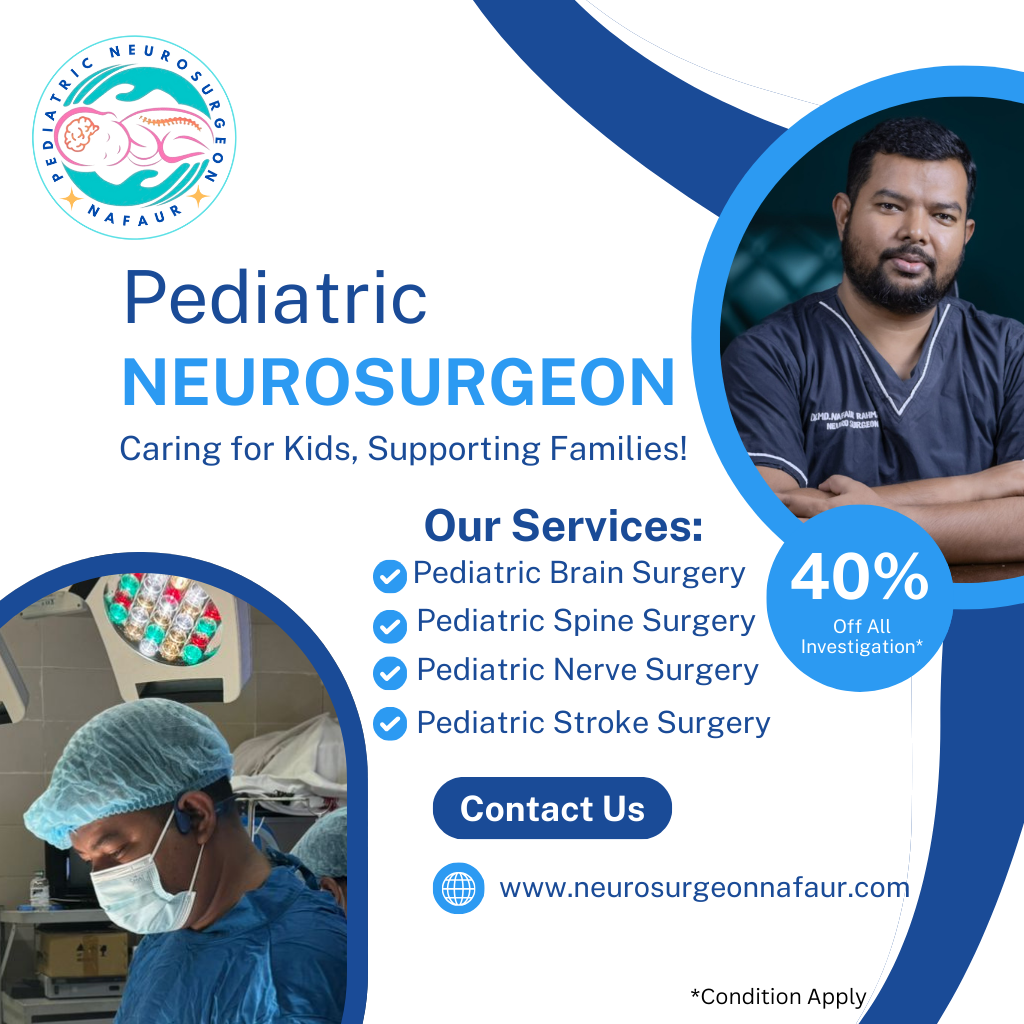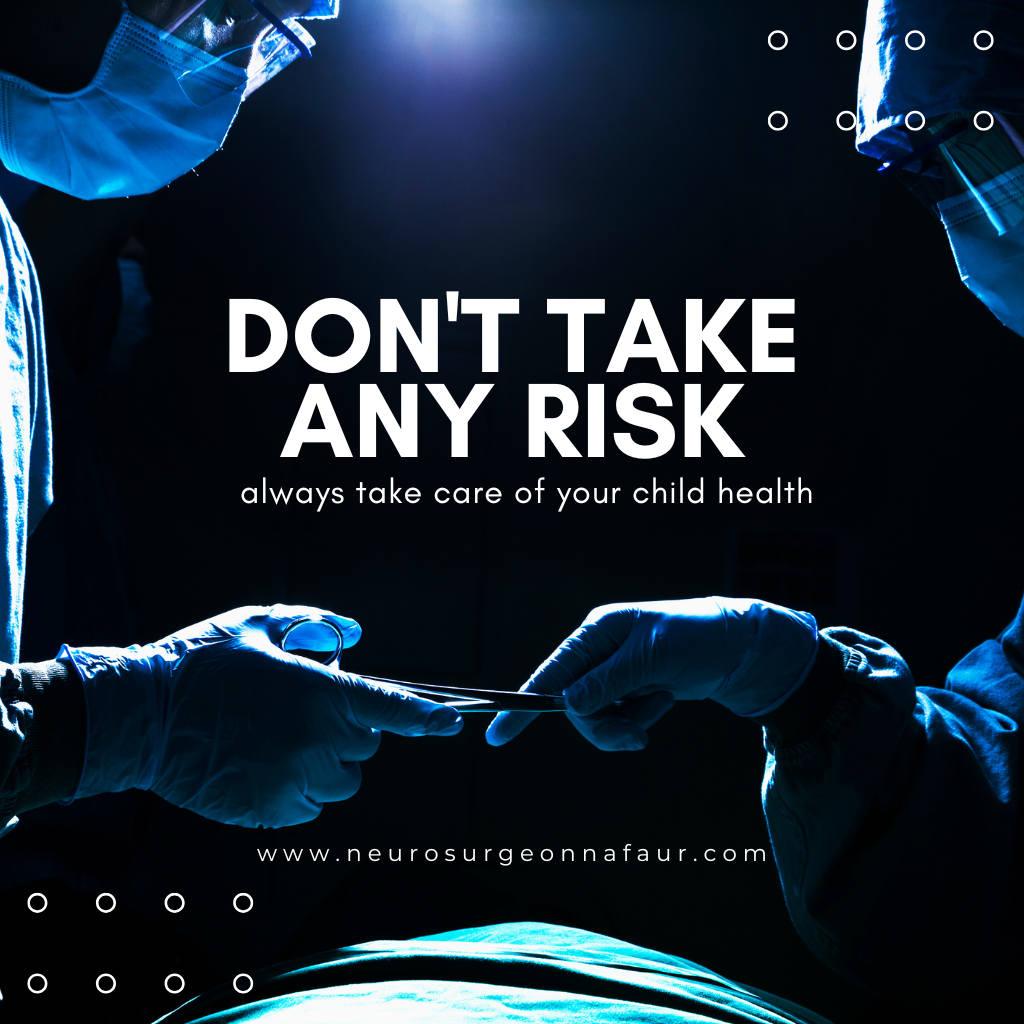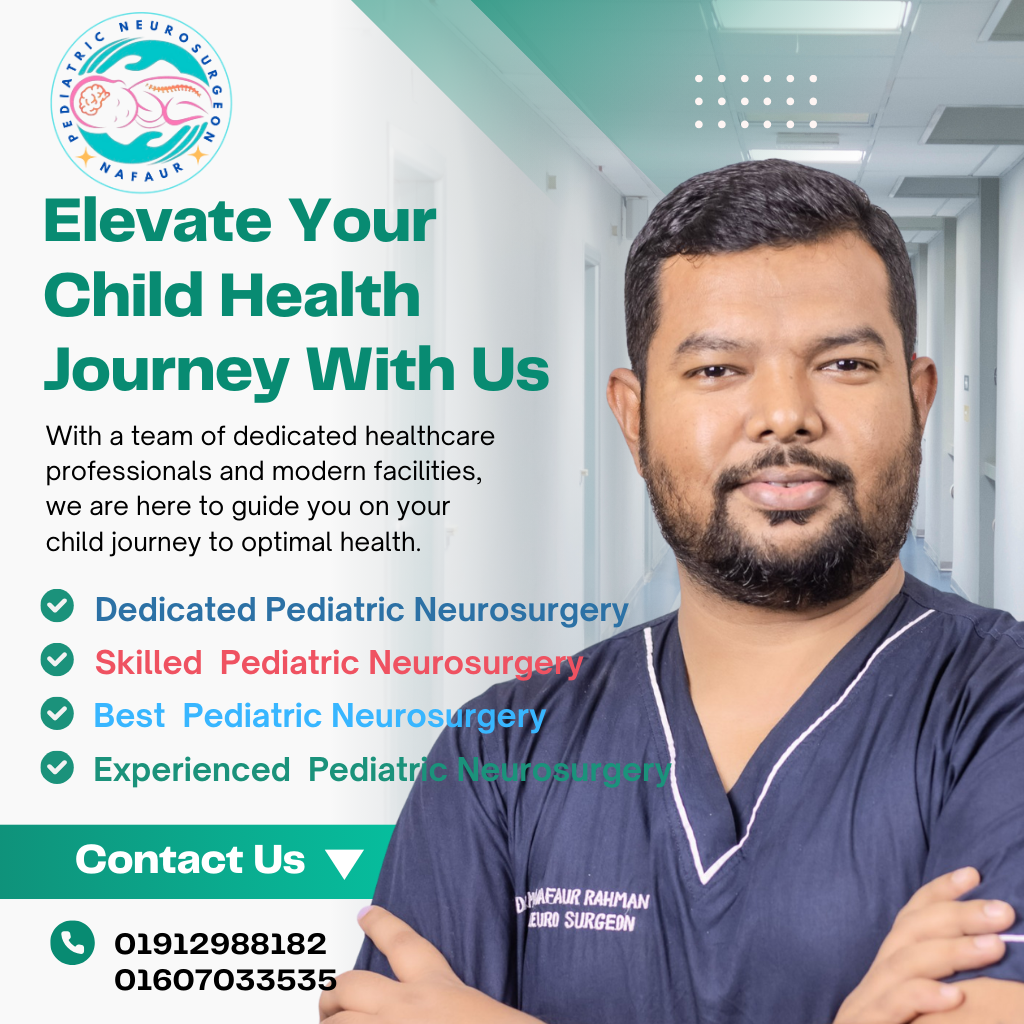SCIWORA
SCIWORA
SCIWORA, or Spinal Cord Injury Without Radiographic Abnormality, is a unique and often overlooked spinal cord condition that primarily affects children under the age of 8–10 years. This condition involves neurological dysfunction due to spinal cord injury, yet standard X-rays and CT scans show no evidence of fracture or dislocation. In the pediatric age group, due to the flexibility of the spine and underdeveloped musculature and ligaments, the spinal cord may be damaged by rapid stretch or flexion forces without leaving any visible bony injury on traditional imaging. In Bangladesh, where access to early MRI, pediatric spinal evaluation, and specialist neurosurgical care may be delayed, the awareness and early identification of SCIWORA are crucial. SCIWORA in Bangladesh: A Growing Concern With increasing cases of road traffic accidents, rooftop falls, sports injuries, and birth-related trauma, pediatric spinal injuries are on the rise in Bangladesh. SCIWORA remains underdiagnosed, especially in rural or district-level hospitals where advanced imaging (MRI) is not readily available. Children may walk into the hospital after a fall and suddenly develop weakness or paralysis hours later—a classic presentation of SCIWORA. Timely referral to specialized pediatric neurosurgeons like Dr. Md. Nafaur Rahman can make the difference between recovery and permanent disability. Causes of SCIWORA in Children Falls from height (e.g., rooftops, trees, stairs) Motorbike or rickshaw accidents Physical abuse or shaking injuries (Non-accidental trauma) Sports trauma, especially in gymnastics, diving, or martial arts Birth injuries, especially in breech deliveries or instrument-assisted births Sudden deceleration injuries (like in car accidents) Clinical Presentation SCIWORA can present immediately or with delayed onset (up to 48–72 hours) after trauma. Common symptoms include: Neck pain or stiffness Weakness of arms or legs (partial or complete) Loss of sensation or tingling Bladder or bowel incontinence Gait instability or inability to walk Respiratory difficulty (in high cervical injuries) Due to the delay in onset, many children are initially discharged without proper evaluation and return with severe deficits. Diagnosis The hallmark of SCIWORA is a normal X-ray and CT scan, despite significant neurological symptoms. The key diagnostic tool is: MRI of the spine, which may show: Spinal cord edema or hemorrhage Ligamentous injury Disc herniation Spinal cord contusion or stretching In Bangladesh, pediatric spine-focused centers like Bangladesh Paediatric Neurocare Centre and NINS provide MRI access and expert interpretation under Dr. Nafaur Rahman’s care. Management and Treatment by Dr. Md. Nafaur Rahman Once SCIWORA is diagnosed, early and careful management is essential to prevent permanent damage. Non-Surgical Treatment Immobilization of the cervical spine using pediatric collars High-dose corticosteroids in selected cases to reduce inflammation Bed rest and spinal precautions for several weeks Bladder care and bowel management Physiotherapy and occupational therapy for functional recovery Regular neurological monitoring Surgical Treatment Surgery is rarely needed in classic SCIWORA, but may be required if: There is MRI evidence of significant spinal cord compression Progressive neurological deterioration is observed Associated spinal instability or disc herniation is present In such cases, spinal decompression and stabilization are performed using minimally invasive pediatric techniques. Prognosis The prognosis in SCIWORA varies: Children with transient symptoms and no cord signal changes on MRI often recover completely Children with cord edema may have partial neurological recovery Those with cord hemorrhage or severe contusion may have poor long-term outcomes Early recognition and appropriate referral to a pediatric neurosurgical team are the most important prognostic factors. Why Choose Dr. Md. Nafaur Rahman for SCIWORA Management in Bangladesh? Renowned expert in pediatric spinal trauma and neurosurgery Pioneer in early diagnosis and rehabilitation-based recovery protocols Access to high-resolution pediatric spinal MRI interpretation Advanced spine care facilities at NINS and Bangladesh Paediatric Neurocare Centre Personalized care with a multidisciplinary pediatric team Contact for Pediatric SCIWORA Evaluation 📌 Dr. Md. Nafaur Rahman Assistant Professor, Pediatric Neurosurgery, National Institute of Neurosciences & Hospital (NINS) Chief Consultant, Bangladesh Paediatric Neurocare Centre 📞 For Emergency or Appointment: 📱 +8801912988182 | +8801607033535 🌐 Website: www.neurosurgeonnafaur.com
